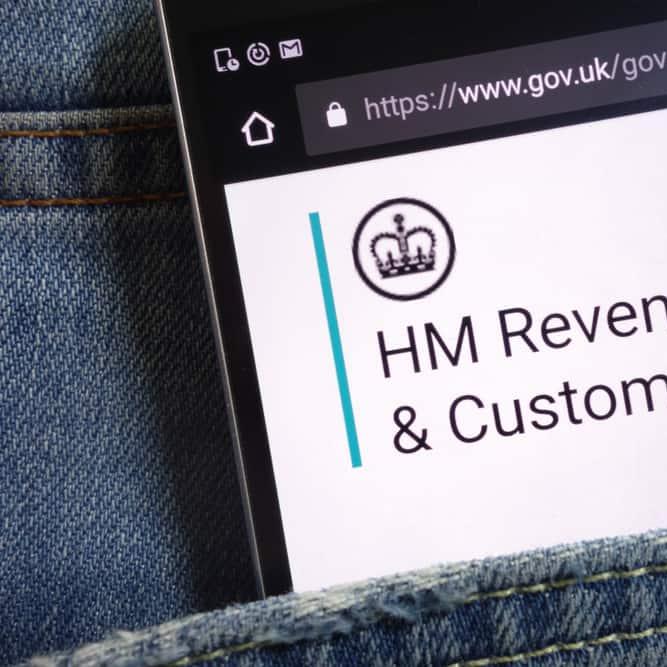What Are Deductible Expenses?
Just like every profession, the accounting profession uses jargon that is unfamiliar to the uninitiated. Unfortunately, the jargon is sometimes unfamiliar to the initiated too. This is especially true when you’re in a small business. You may be the only one in your team, which means there’s no fount of knowledge to turn to when you need something explained.
Let’s take tax deductions and tax-deductible expenses as two examples of accounting profession jargon. Essentially, they both refer to the same thing: the business expenses you set against your turnover to help calculate your profit. This in turn helps calculate the amount of tax your business needs to pay, whether it’s Income Tax (if you’re a sole trader) or Corporation Tax (if you’re a limited company).
So far, so simple. But how do you know what is a tax-deductible expense and what isn’t?
For an expense to be tax deductible, it must have been incurred when you were carrying out the business or trying to attract new business.
Let’s look at a few of the most common types here. We’ll also look at a few disallowable expenses – items that can’t be offset against tax. As always, we recommend talking to your own accountant to get detailed guidance for your particular situation.
Supplies
These are goods you buy in to sell to your customers. They’re also the components you use to make goods to sell or goods you need to buy to provide a service.
Wages, Salaries and Other Staff Costs
These are what you’d expect. It’s the wages, salaries, bonuses, pensions, benefits for staff or employees, employers’ National Insurance contributions, agency fees and so on. Examples of disallowable expenses in this area include directors’ salaries and pension payments.
Travel Expenses
This covers a huge range of things. It includes motoring costs such as car and van insurance, repairs, servicing, fuel, hire charges, vehicle licence fees and AA or RAC membership. It also includes costs when you travel on business: train, bus, air and taxi fares, hotel room costs and meals on overnight business trips.
Disallowable expenses here include fines, the cost of buying a vehicle, travel costs between home and business and meals other than those on overnight business trips.
Premises Overheads
This is the nuts and bolts of keeping the lights on at your business – literally. It’s rent, business and water rates, light, heat, power, property insurance and security. If you run your business from home, you can claim a percentage of the overheads of running your home.
In this category, disallowable expenses include the cost of buying any premises.
Repairs and Maintenance
This includes repairs and maintenance of business premises and equipment. It doesn’t include repairs to non-business parts of premises or equipment. It doesn’t include the costs of buying, improving or altering premises either.
Office Overheads
These include phone, mobile, internet, email and fax running costs. It also includes postage, stationery, printing, small office equipment and computer software costs.
Advertising and Business Entertainment
This includes the marketing of your business: advertising, direct mail, website costs, free samples. It does not include entertaining clients and suppliers or hospitality at events.
Professional Fees
These are the fees from the experts you use to help run your business: accountants, solicitors, surveyors, architects and so on. Professional indemnity insurance premiums also come under this category.
Where to Go Next
HMRC has detailed guidance on what constitutes a tax deductible expense and what doesn’t. There’s a useful table in HMRC's helpsheet HS222 How to calculate your taxable profits (2018).
And if you want to talk to an SAP Concur expert about making it easier to keep track of your supplier invoices, travel and expenses, get in touch now.
